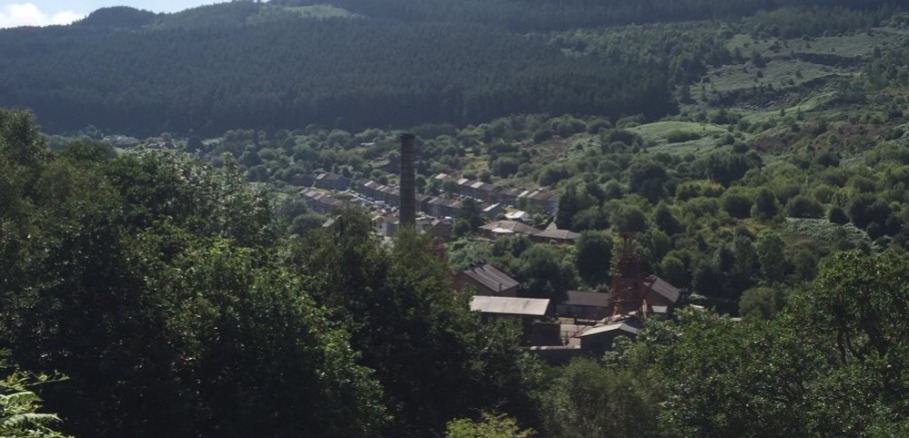Refuse Reduced by 100 Tonnes Per Week in Rhondda Cynon Taf After Three Weekly Collections Introduced

Around 100 tonnes less refuse is being put out for collection in Rhondda Cynon Taf on average each week after the council brought in three weekly collections.
A report to the council’s climate change, front-line services and prosperity scrutiny committee on Monday, March 4, said that, on average, each week,
around 100 tonnes less residual waste tonnage was being presented for collection, with corresponding rises in dry mixed recycling, and food waste in particular.
The report said this equated to an average weekly recycling performance increase of 4.83% since the beginning of the second quarter of 2023/24.
Since July, 2023, the collection of refuse has been done every three weeks with strict volume controls such as a maximum of three black bags per household, for those properties with existing black bag waste collections and “side waste” not being allowed for those households with large 240 Litre wheelie bins with one bag of side waste allowed, for those with the standard 120 Litre bins.
Alistair Critchlow, head of street care services at the council, told the committee that when comparing two weeks over Christmas and new year in 2022/2023 and 2023/2024, refuse was down 173 tonnes this year compared to last year, dry mixed recycling was up by 82 tonnes and food recycling was up by 57 tonnes.
The report said the council continued to exceed the current Welsh Government recycling target of 64% as it worked towards the next target of 70% by 2025 and after a slight drop in recycling tonnages from 2021-22 to 2022-23, the current year 2023-24 had seen the council’s recycling rates “markedly improve.”
During the full year 2022/2023, RCT’s recycling rate was 64.97% improving to 67.44% for April to December of 2023/24.
The council’s strategy “Making Rhondda Cynon Taf Carbon Neutral
by 2030” commits the council to ensuring it recycles or reuses 80% of all municipal waste by 2025.
A waste transformation board has been set up to look at further potential operational efficiencies and changes.
No firm decisions have yet been taken but as a guide it is set to consider things like green waste collections, trade waste collection charges, refuse collections via black bags, vehicle usage and further digital innovations.
Mr Critchlow highlighted legislative changes to trade waste set to come in next month which would see businesses, workplaces and schools have to comply with changes in how commercial recycling is presented and collected.
He said RCT currently collected more dry mixed recycling than any other council in Wales and was the world leader in nappy recycling as it had been doing this for longer than any other authority in the world.
He said that, on average, every week the council collected around 200,000 nappies, more than 250 tonnes of food waste and more than 600 tonnes of dry recycling from more than 116,000 properties.
In response to a question from Councillor Adam Rogers, he said they’d noticed no discernible increase or decrease in fly-tipping since the change to three weekly refuse collections.
Spotted something? Got a story? Email News@News.Wales










